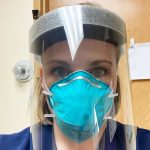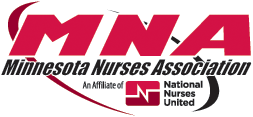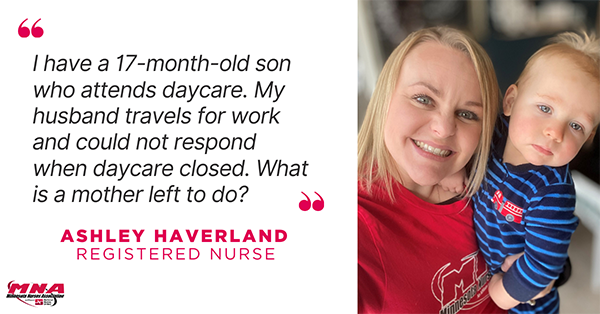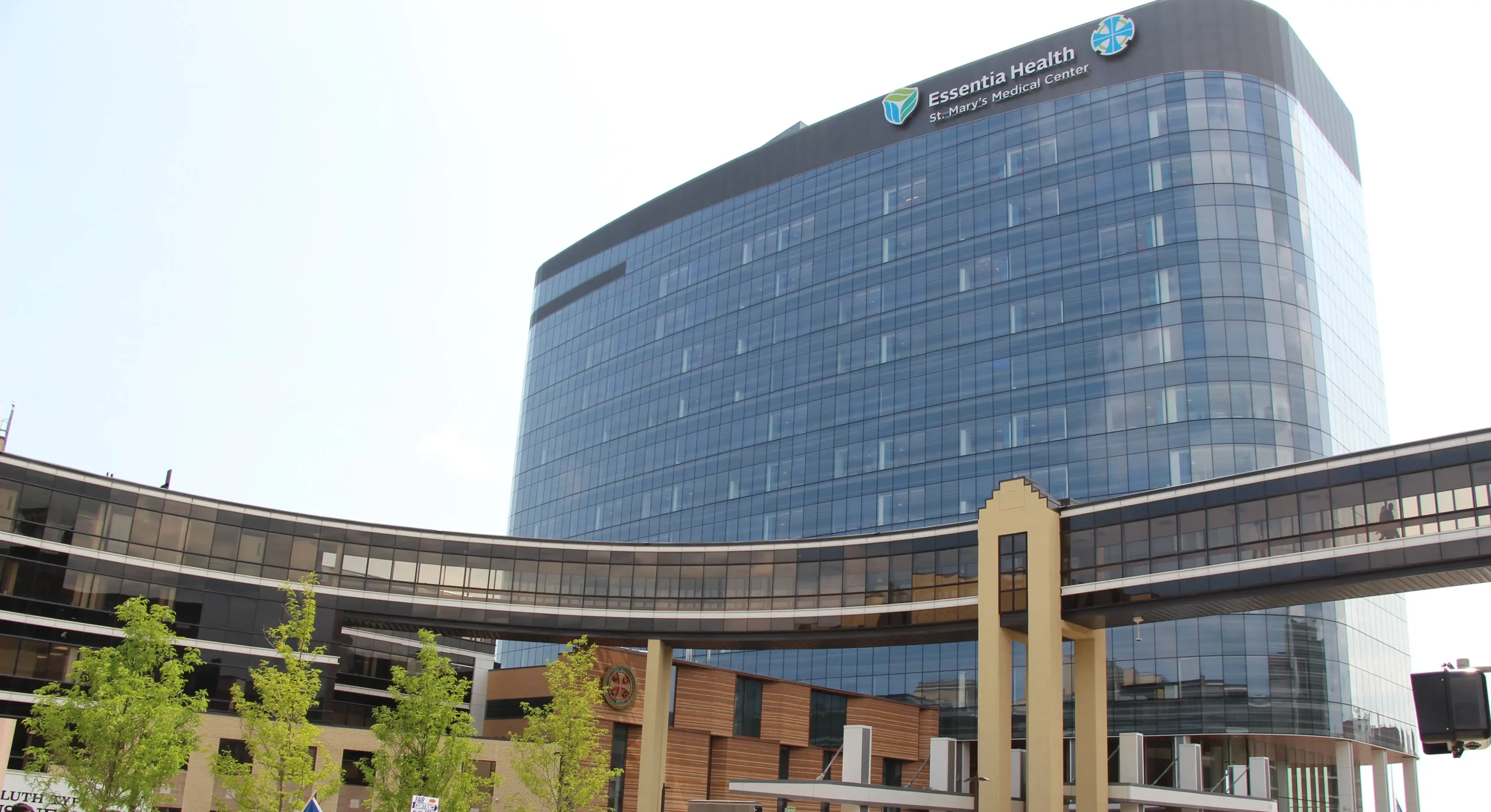Note: the content below is the opinion of the creator or signed authors.

By Ashley Haverland, RN
Never in my seven years as an RN did I imagine I would be working amid a pandemic. With everything we did not yet know about COVID-19, I was shocked to find out that we would be affected where I work, in rural Perham, Minnesota. Despite the risks, my fellow nurses and I show up to work every day because it is our job to care for our community.
We pack bags to bring to the hospital so that we can shower and change out of scrubs, wipe down our cellphones, badges, Chapstick — you name it. We do this before entering our homes because our greatest fear is spreading COVID-19 to our family.
Nurses are exposed to this virus for 8 to 16 hours per day, caring tirelessly for patients. I work in the Emergency Room – this means that I am exposed to multiple patients per day that could be carriers. I cannot stress enough how stressful it is, fearing the worst while doing our best to follow the safety guidelines. For example, there are many steps I must take to ensure my safety and the safety of my coworkers when intubating a COVID positive patient. But what if the equipment fails? Or what do we do when we find out after the fact that the patient had COVID?
Last year was supposed to be the “Year of the Nurse.” Instead, it’s become the year we’ve been forgotten. Over the last 12 months, far too many nurses and other essential workers have been left in a financial bind. We don’t qualify under the federal legislation, which means we don’t get paid or covered for time off for COVID-related absences. So if a COVID test result comes back as negative, we do not qualify for any assistance in missed work hours. This means using up our accrued time off when we need to quarantine while waiting days for COVID test results to come in. The alternative is we just don’t get paid.
I have been tested six times. Four of those six times, my COVID tests were sent out and took six days for me to get the results. That cost me time off. I also have a 17-month-old son who attends daycare. My husband travels for work and could not respond when daycare closed. What is a mother left to do? Again, this cost me time off.
Nurses took the oath of “do no harm.” To me, that means being honest when reporting to work. On multiple occasions, I called our Infectious Control nurse to inform them that I did have symptoms of COVID-19. I did this despite knowing that I did not have enough remaining accrued paid time off to cover my missed shifts — meaning I would have to go without pay. In my case, I missed three 12-hour shifts. That’s 36 hours or almost a full week of pay because I quarantined responsibly. My coworkers have been “donating” some shifts to each other, so we could continue to draw a paycheck during this time off.
All in all, the lack of emergency leave has created a financial burden and unnecessary stress for essential workers. We feel like the systems we provide care in have failed us. We need more than kind words – we need action from the legislature.
There needs to be a plan in place that supports essential workers, ensuring that we are financially protected from the time we go without pay while on leave — whether we are waiting on our personal test results or have COVID-19 ourselves, are taking care of a family member with it, or because our children are distance learning because of a COVID-19 outbreak at school.
There is a bill in the legislature – the Essential Worker Emergency Leave Act. My coworkers and I are pleading with our lawmakers to pass it. Nurses are leaving the bedside because they fear that they will not be able to provide care to their own families. Without having Emergency Leave in place for essential workers, we are left with two options: leave bedside nursing entirely to find a job with less COVID exposure or to show up to work with COVID symptoms because you are out of paid time off and you must feed your family. This is not something nurses are willing to do.
We, the beloved frontline workers of Minnesota, demand action. We need the support you promised us at the beginning of this pandemic. We are tired. We are frustrated. We need help to continue to have the ability to provide for our families so that we can care for you — our patients.




